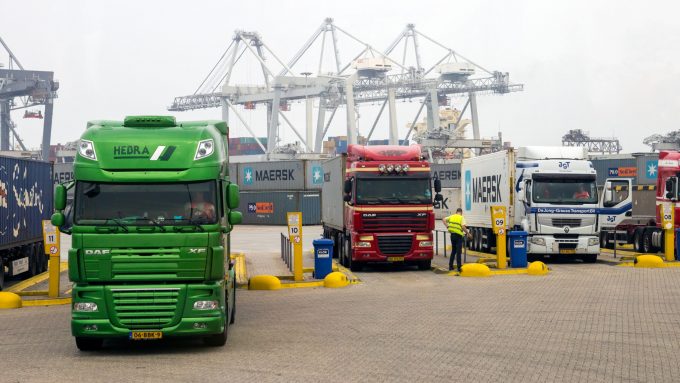Good start for Gemini, liner schedule reliability data reveals
New data from liner analysts at Sea-Intelligence Consulting has confirmed early schedule reliability figures for ...

Service disruptions are moving around the globe like a Mexican wave at a football match with US east coast ports hit from the spill over from the west coast and European ports dealing with incoming Russian transhipment cargo, causing carriers to blank Atlantic services.
According to a US-based forwarder congestion on the east coast is driven by “spill-over” cargo from California, which has slowed cargo out of Europe heading for the US.
“We are starting to see the strings on the Europe ...
Maersk u-turn as port congestion increases across Northern Europe
Apple logistics chief Gal Dayan quits to join forwarding group
Maersk Air Cargo sees volumes fall as it aims for 'margin in favour of revenue'
Airlines slash freighter capacity post-de minimis, but 'the worst is yet to come'
Houthis tell Trump they will end attacks on Red Sea shipping
Transpac rates hold firm as capacity is diverted to Asia-Europe lanes
MSC revamps east-west network as alliance strategies on blanking vary
India-Pakistan 'tit-for-tat' cargo ban sparks sudden supply chain shocks

Comment on this article